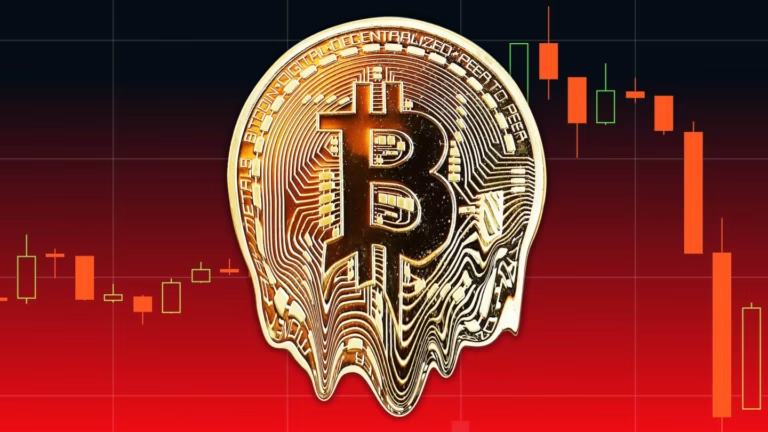Crypto Platform Under Fire for Dangerous Livestream Content – Will It Take Action Before It’s Too Late?
Pump.fun, a decentralized platform where users can create and trade Solana-based memecoins, is facing massive backlash after disturbing content was streamed live by its users. The livestream feature, which was meant to add some fun to the memecoin craze, has spiraled into a platform for harmful and dangerous actions. Here’s what you need to know about this shocking situation, and why it matters in the broader world of crypto.
What Happened?
On November 25, a user flagged a Pump.fun livestream that quickly gained attention. The user in question was threatening to commit suicide if their memecoin didn’t reach a specific market value. This was just one of many concerning incidents. Others involved dangerous behavior such as a person firing a gun out of a window each time their coin value went up, or a child threatening violence if their coin didn’t pump. The most shocking of all was a person claiming they would carry out a school shooting if their token didn’t increase in value.
As a result, the community began demanding action. Some called for the entire livestream feature to be shut down, while others pushed for better moderation tools to prevent this kind of behavior.
Why Is This So Serious?
Here’s the thing: in the world of decentralized platforms like Pump.fun, users often believe that because there’s no central authority, they can do whatever they want. But with great freedom comes great responsibility. These kinds of threats, whether real or not, are deeply dangerous, especially in a space that’s still new and not fully regulated. The behavior seen on Pump.fun’s livestreams isn’t just disturbing; it can potentially lead to real-life harm if someone takes these threats seriously. Crypto communities, like the one around memecoins, often push boundaries for entertainment, but when the stakes involve mental health, violence, and safety, things can quickly get out of control.
What Is Pump.fun Doing About It?
Pump.fun’s team, led by a figure named Alon, responded by defending their moderation efforts. They claim they have a large team working around the clock to monitor and remove harmful content from livestreams and other parts of the platform. But the community is not convinced. They argue that the moderation in place isn’t enough to keep up with the scale of what’s happening. People are calling for more transparency and stricter controls to ensure the safety of everyone using the platform.
Why Does This Matter to You?
If you’re following the world of cryptocurrency, especially in the memecoin space, understanding the impact of platforms like Pump.fun is crucial. While the idea of a decentralized platform is attractive because it offers freedom and a sense of community, this situation highlights a major issue: decentralization also means a lack of oversight and accountability. The crypto world is still evolving, and platforms like Pump.fun need to figure out how to balance freedom with responsibility.
Key Words to Remember:
- Decentralization: A system where control is spread out rather than centralized, giving users more power but also more risk.
- Memecoins: Cryptocurrencies that are often created for fun or satire, but can attract real financial and emotional investment.
- Moderation: The process of monitoring content to prevent harmful or illegal activity.
- Livestreaming: Broadcasting live video, which in this case, became a platform for dangerous behavior.
- Safety and Mental Health: Crucial aspects that need to be considered when designing online platforms, especially those tied to financial stakes.
What’s the Takeaway?
The crypto world is exciting and full of opportunities, but with that excitement comes responsibility. Platforms like Pump.fun are pushing the limits of what decentralized networks can do, but this situation is a reminder that freedom can’t come at the cost of safety. As the crypto community continues to grow, it’s important to demand more from these platforms—more moderation, more transparency, and more accountability. If these issues aren’t addressed, we could see more dangerous situations unfold, making it even harder to trust decentralized projects in the future.



